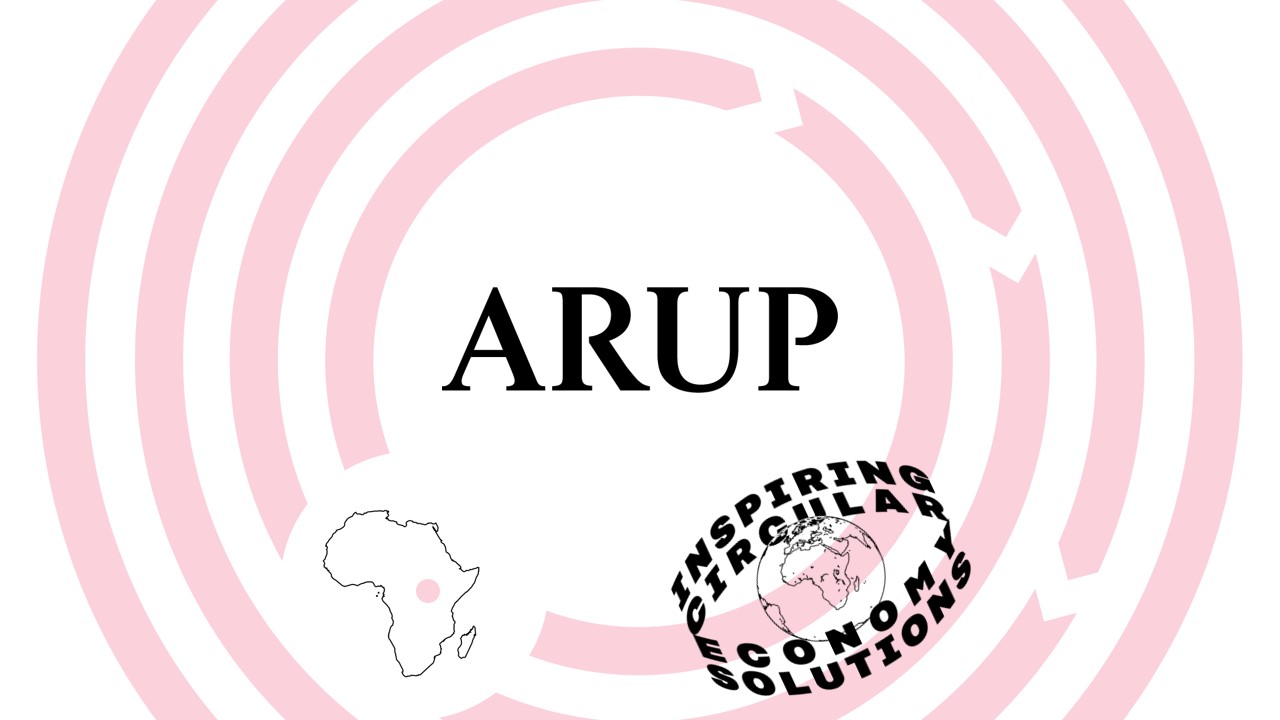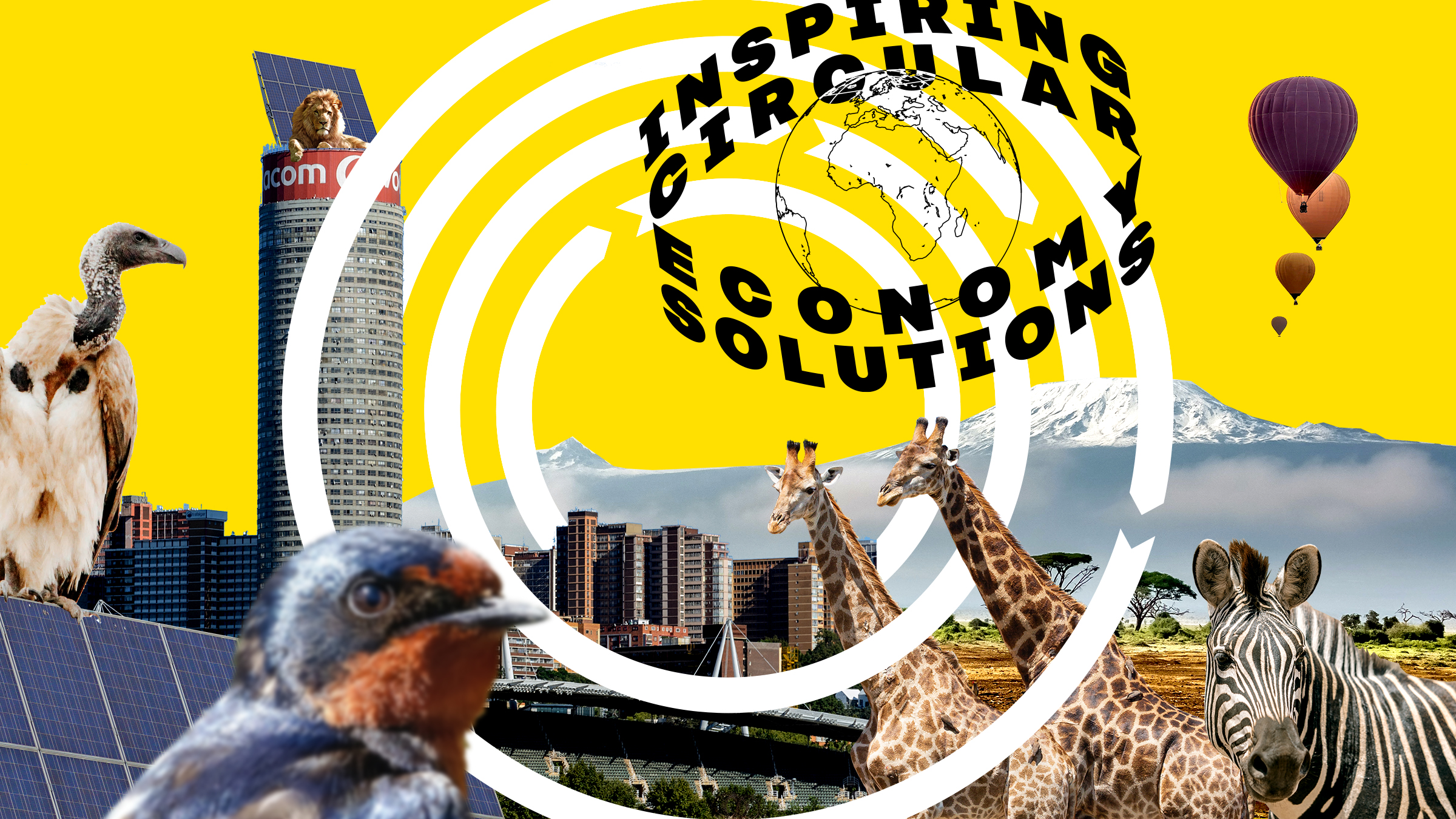The buildings and construction sector is one of the most energy-intensive industries in the world. The International Energy Agency says it accounts for 39 per cent of energy and process-related CO2 emissions. The DigiYard project uses a digital platform to drastically cut waste and increase efficiency in the industry in South Africa.
Problem
The construction industry is terribly inefficient. In South Africa, 30 per cent of all materials delivered to construction sites end up as waste. Most of this unused material tends to be dumped in landfills, contributing to climate change and adding nothing to the economy.
Simultaneously, many people in South Africa live in inadequate or even unsafe housing on the peripheries of cities, a long-festering problem from the apartheid era and still existing economic inequality.
Solution
DigiYard is a project developed by Arup, an international engineering and consulting firm, with the Craft Design Institute. The idea is a digital platform that allows construction companies to recycle and re-purpose their side streams to be used as construction materials for low-income communities. These materials would be used in informal upgrading projects and in the arts and crafts sector.
Business potential
DigiYard hopes to collect surplus material for free from construction sites, saving companies the cost of transport and disposal. The material is sold at a reduced price to customers. In the future, DigiYard plans to charge construction companies a service fee to pick up the surplus material, and in return would provide the companies detailed information about their use of materials, allowing them to improve efficiency in their operations.
Although DigiYard is currently focused on South Africa, the construction industry is wasteful all over the world. Their solution could conceivably be scaled up to be a truly global solution.
Social and environmental impact
Keeping excess construction material out of landfills and putting it to good use would save resources and emissions from being wasted. Using these surplus materials would reduce the need for virgin materials to be used in construction projects. DigiYard also hopes to help change behaviours at construction sites so more sustainable methods will be used in the future.
Providing good quality materials at a reduced price to low-income people could help improve their quality of life.
Future
The project has not officially launched yet, but preliminary work has been completed and a pilot has been run. Municipalities are interested in the idea but no direct support from the government has been provided so far. DigiYard is exploring funding options to begin the incubation phase.
A major challenge is that much of the South African construction industry is informal, making it difficult to collect reliable and usable data. Community partners have been able to help gather information.
Want to learn more about circular economy solutions in Africa? This year’s World Circular Economy Forum will take place in Rwanda on 6–8 December. Check out the programme and register for online participation.


Inspired?
Check out all solutions.